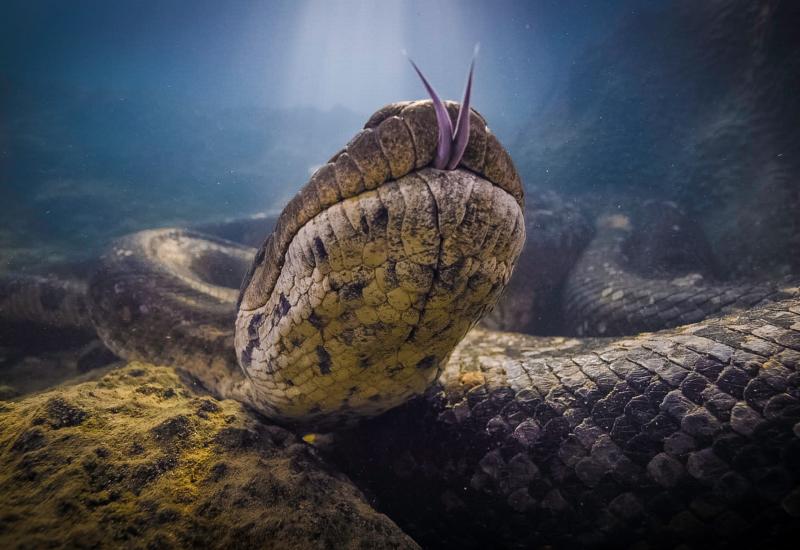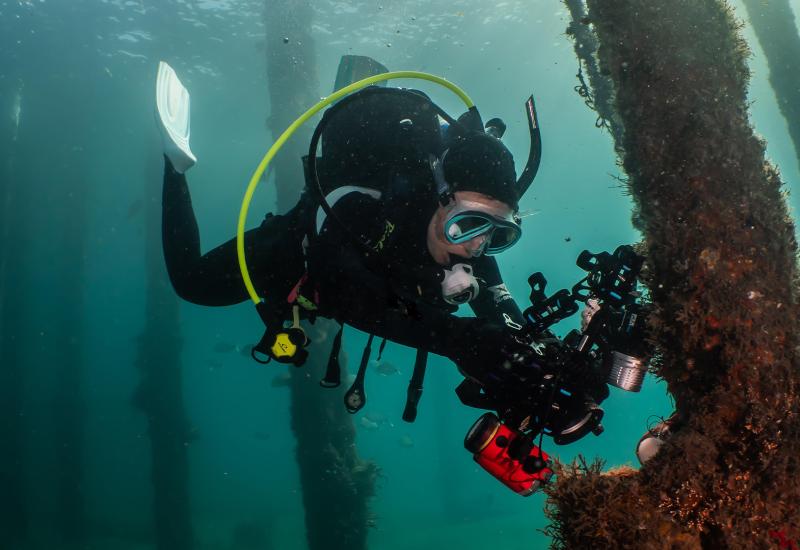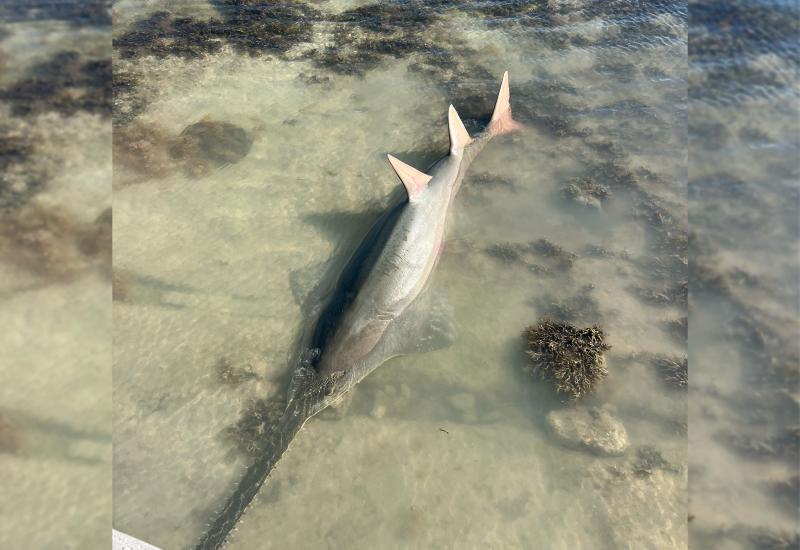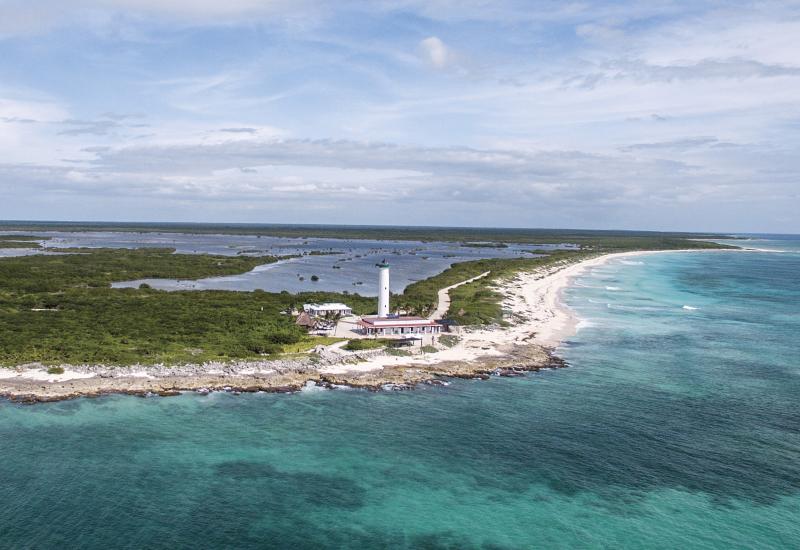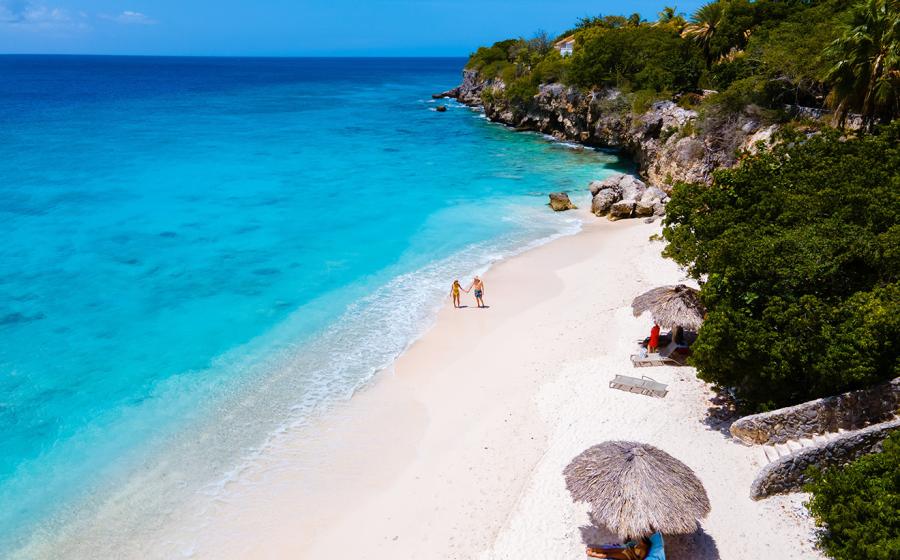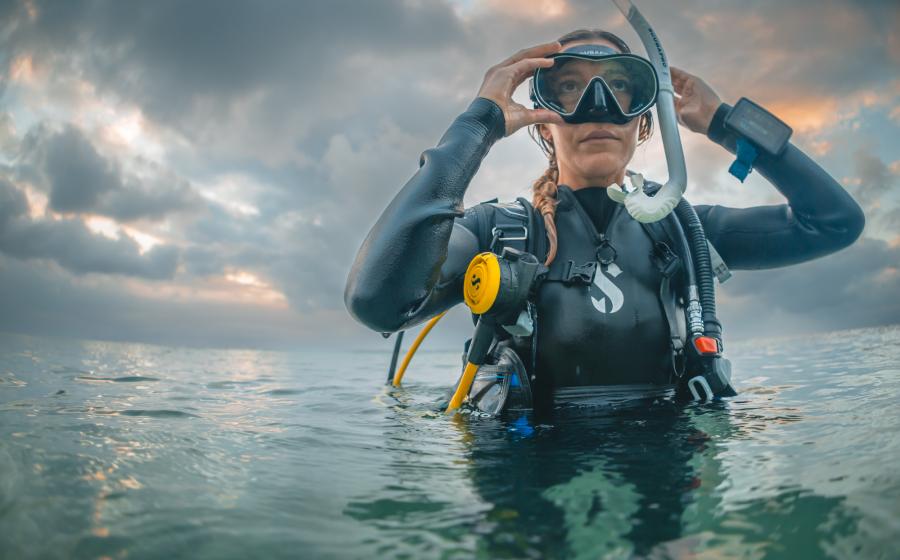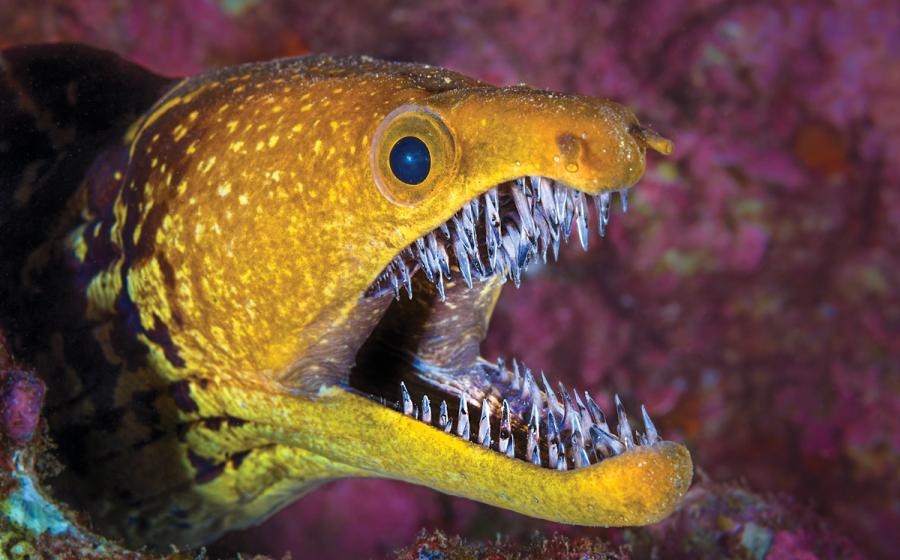University of Toledo Breaks Dive World Record
The University of Toledo dive club made waves this month when the last member of their team left the 330-gallon “pool” in their Student Union to celebrate as new Guinness World Record holders for the "Longest Continual Dive By a Group of Divers in a Contained Environment."
“When the time came for us to break the record it was surreal. I couldn't help but think about all the times this attempt should have failed but didn't,” said UT dive club president Robert Schuster.
Twenty-five Members of both the UT Dive Club and local community met Monday, April 1, at 3:00 a.m. to start setting up for their event. Their original plan was to stay in the water for 8 days, but technical difficulties lost them the first day. The team had a leaky tote − a 330 gallon container that is used to move chemicals and is just big enough for two divers to sit in− that had to be replaced after the first few hours, and their live footage, which is needed for Guinness to verify their record attempt, stopped recording after nine hours, causing them to have to start over. “There were many times when I thought this wasn't going to happen. If there was a problem with this attempt we found it! Anything and everything that could go wrong did go wrong! From the tote leaking to the water being so cold or so cloudy. We overcame every little thing that was thrown at us,” said Katie Stibaner, dive club media correspondent.
The tote leaking and the footage stopping weren’t the only two difficulties the team faced in their attempt. The water became extremely cold, threatening the divers with hypothermia. Without a filtration system, the water was so cloudy the divers couldn’t see more than an inch or two in front of them. The team managed to find hot water in a boiler room to heat the water to about 84 degrees F, and one of the team members made a filter for the tank.
Members of the dive club credit the community’s involvement as a huge reason they were successful. “The community played a large part of our success. We had so much support it was over whelming. A lot of local businesses donated food or coffee. As well as we had a lot of foods and drinks donated by local community members, friends and of course family,” said Stibaner.
Community members like Cheryl Patterson, who runs Deep Blue Adventures, a local diving travel agency in Toledo, was more than happy to help by getting the word out to the local dive community and giving her own time. “I shared the event via social media and to our customers via our newsletter. I rallied additional divers who were not students to help fill in the time slots that needed covering. My family and I (husband and 16 and 17 year old children) participated in the event itself as divers for a few shifts,” said Patterson.
 Stibaner and new dive club member Steven Vandercook were in the water when the clock hit 12:21 and they had officially beaten the world record. “I think at that moment, I was feeling a sense of hysteria almost, coupled with an immense feeling of pride for our club,” said Vandercook “and even though we weren’t technically finished, we had accomplished what we set out to achieve”.
Stibaner and new dive club member Steven Vandercook were in the water when the clock hit 12:21 and they had officially beaten the world record. “I think at that moment, I was feeling a sense of hysteria almost, coupled with an immense feeling of pride for our club,” said Vandercook “and even though we weren’t technically finished, we had accomplished what we set out to achieve”.
Words don't describe what it felt like when the last diver came up and we had our seven days,” said UT dive club president Robert Schuster. “As I watched the water drain at 3 a.m. on the 9th of April I was just amazed. Amazed at this accomplishment, amazed that this clubs determination to make this happen.”
The previous record of 6 days and 21 hours was held by a group of dive shops in Brazil. The record is currently being verified by Guinness.
The University of Toledo dive club made waves this month when the last member of their team left the 330-gallon “pool” in their Student Union to celebrate as new Guinness World Record holders for the "Longest Continual Dive By a Group of Divers in a Contained Environment."
“When the time came for us to break the record it was surreal. I couldn't help but think about all the times this attempt should have failed but didn't,” said UT dive club president Robert Schuster.
Twenty-five Members of both the UT Dive Club and local community met Monday, April 1, at 3:00 a.m. to start setting up for their event. Their original plan was to stay in the water for 8 days, but technical difficulties lost them the first day. The team had a leaky tote − a 330 gallon container that is used to move chemicals and is just big enough for two divers to sit in− that had to be replaced after the first few hours, and their live footage, which is needed for Guinness to verify their record attempt, stopped recording after nine hours, causing them to have to start over. “There were many times when I thought this wasn't going to happen. If there was a problem with this attempt we found it! Anything and everything that could go wrong did go wrong! From the tote leaking to the water being so cold or so cloudy. We overcame every little thing that was thrown at us,” said Katie Stibaner, dive club media correspondent.
The tote leaking and the footage stopping weren’t the only two difficulties the team faced in their attempt. The water became extremely cold, threatening the divers with hypothermia. Without a filtration system, the water was so cloudy the divers couldn’t see more than an inch or two in front of them. The team managed to find hot water in a boiler room to heat the water to about 84 degrees F, and one of the team members made a filter for the tank.
Members of the dive club credit the community’s involvement as a huge reason they were successful. “The community played a large part of our success. We had so much support it was over whelming. A lot of local businesses donated food or coffee. As well as we had a lot of foods and drinks donated by local community members, friends and of course family,” said Stibaner.
Community members like Cheryl Patterson, who runs Deep Blue Adventures, a local diving travel agency in Toledo, was more than happy to help by getting the word out to the local dive community and giving her own time. “I shared the event via social media and to our customers via our newsletter. I rallied additional divers who were not students to help fill in the time slots that needed covering. My family and I (husband and 16 and 17 year old children) participated in the event itself as divers for a few shifts,” said Patterson.
 Stibaner and new dive club member Steven Vandercook were in the water when the clock hit 12:21 and they had officially beaten the world record. “I think at that moment, I was feeling a sense of hysteria almost, coupled with an immense feeling of pride for our club,” said Vandercook “and even though we weren’t technically finished, we had accomplished what we set out to achieve”.
Stibaner and new dive club member Steven Vandercook were in the water when the clock hit 12:21 and they had officially beaten the world record. “I think at that moment, I was feeling a sense of hysteria almost, coupled with an immense feeling of pride for our club,” said Vandercook “and even though we weren’t technically finished, we had accomplished what we set out to achieve”.
Words don't describe what it felt like when the last diver came up and we had our seven days,” said UT dive club president Robert Schuster. “As I watched the water drain at 3 a.m. on the 9th of April I was just amazed. Amazed at this accomplishment, amazed that this clubs determination to make this happen.”
The previous record of 6 days and 21 hours was held by a group of dive shops in Brazil. The record is currently being verified by Guinness.

